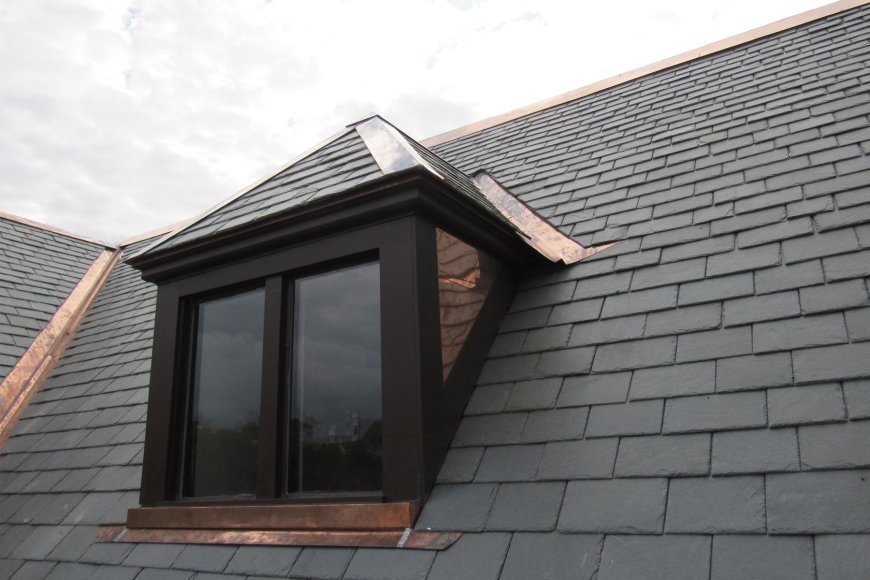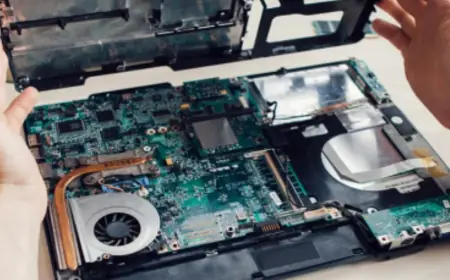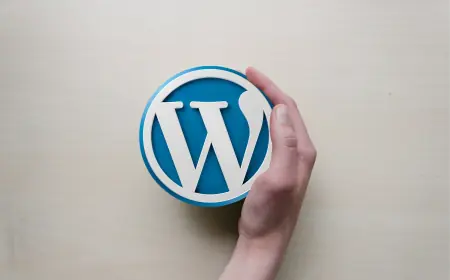Your roof is your home’s first line of defense against the elements, providing shelter and security for you and your family. Regular roof inspections are crucial for maintaining the health of your roof, preventing costly repairs, and ensuring your home remains safe and sound. Here’s a detailed guide on how to conduct a roof inspection denver, what to look for, and why it’s important.
Why Roof Inspections Matter
- Prevent Expensive Repairs: Regular inspections help identify minor issues before they escalate into major problems, saving you money in the long run.
- Extend Roof Life: Early detection and repair of issues can prolong the lifespan of your roof.
- Protect Home Value: A well-maintained roof enhances your home’s value and curb appeal.
- Ensure Safety: Addressing roof issues promptly helps prevent accidents and structural damage.
Optimal Times for Roof Inspections
- Bi-Annual Checks: Conduct inspections twice a year, in the spring and fall.
- Post-Storm Inspections: Examine your roof after severe weather events like storms, heavy snowfall, or hail.
- Before Major Renovations: Check your roof’s condition before starting significant home renovations.
Key Areas to Inspect
Exterior Inspection
- Shingles: Look for signs of damage such as cracks, curling, or missing shingles, which indicate aging or weather damage.
- Flashing: Inspect the metal flashing around chimneys, vents, and intersections for rust, cracks, or lifting.
- Gutters and Downspouts: Ensure gutters are free of debris and properly attached. Look for signs of rust or damage.
- Soffit and Fascia: Check the soffit and fascia for signs of rot, decay, or damage.
- Moss and Algae: Watch for moss or algae growth, which can trap moisture and damage your roof.
Interior Inspection
- Attic: Look for signs of water damage, such as stains, mold, or damp insulation.
- Ventilation: Ensure your attic has proper ventilation to prevent moisture buildup and heat damage.
- Leaks: Check for any water leaks or stains, especially after heavy rain, and trace them back to the roof.
How to Conduct a Roof Inspection
- Safety Precautions: Use a sturdy ladder and have someone assist you. Wear appropriate safety gear if you’re inspecting the roof yourself.
- Professional Help: Consider hiring a professional roofing contractor for a thorough inspection, especially if you’re unsure of what to look for or uncomfortable with heights.
- Document Findings: Take detailed notes and photos of any issues you find during the inspection for future reference and repairs.
Common Roof Problems and Their Solutions
- Shingle Damage: Replace damaged or missing shingles to prevent leaks and further roof deterioration.
- Flashing Issues: Repair or replace damaged flashing to maintain a watertight seal around roof penetrations.
- Gutter Problems: Clean and repair gutters to ensure proper drainage and prevent water damage to the roof and foundation.
- Ventilation Concerns: Improve attic ventilation to reduce moisture buildup and prevent heat damage.
Consequences of Neglecting Roof Inspections
Failing to conduct regular roof inspections can lead to several serious problems, including:
- Water Damage: Small leaks can cause significant water damage, mold growth, and structural issues.
- Shortened Roof Lifespan: Lack of maintenance can drastically reduce your roof’s lifespan, leading to early replacement costs.
- Increased Energy Bills: Poor roof condition can affect your home’s insulation, resulting in higher energy costs.
Conclusion
Regular roof inspections are a crucial part of home maintenance. By inspecting your roof bi-annually and after severe weather, you can catch and address issues early, ensuring your roof remains in good condition. Whether you choose to inspect your roof yourself or hire a denver roofers, the key is to be proactive and prompt in addressing any problems. A well-maintained roof is an investment in your home’s longevity, safety, and value, so take the time to protect it with regular inspections.

 Like
0
Like
0
 Dislike
0
Dislike
0
 Love
0
Love
0
 Funny
0
Funny
0
 Angry
0
Angry
0
 Sad
0
Sad
0
 Wow
0
Wow
0



















































